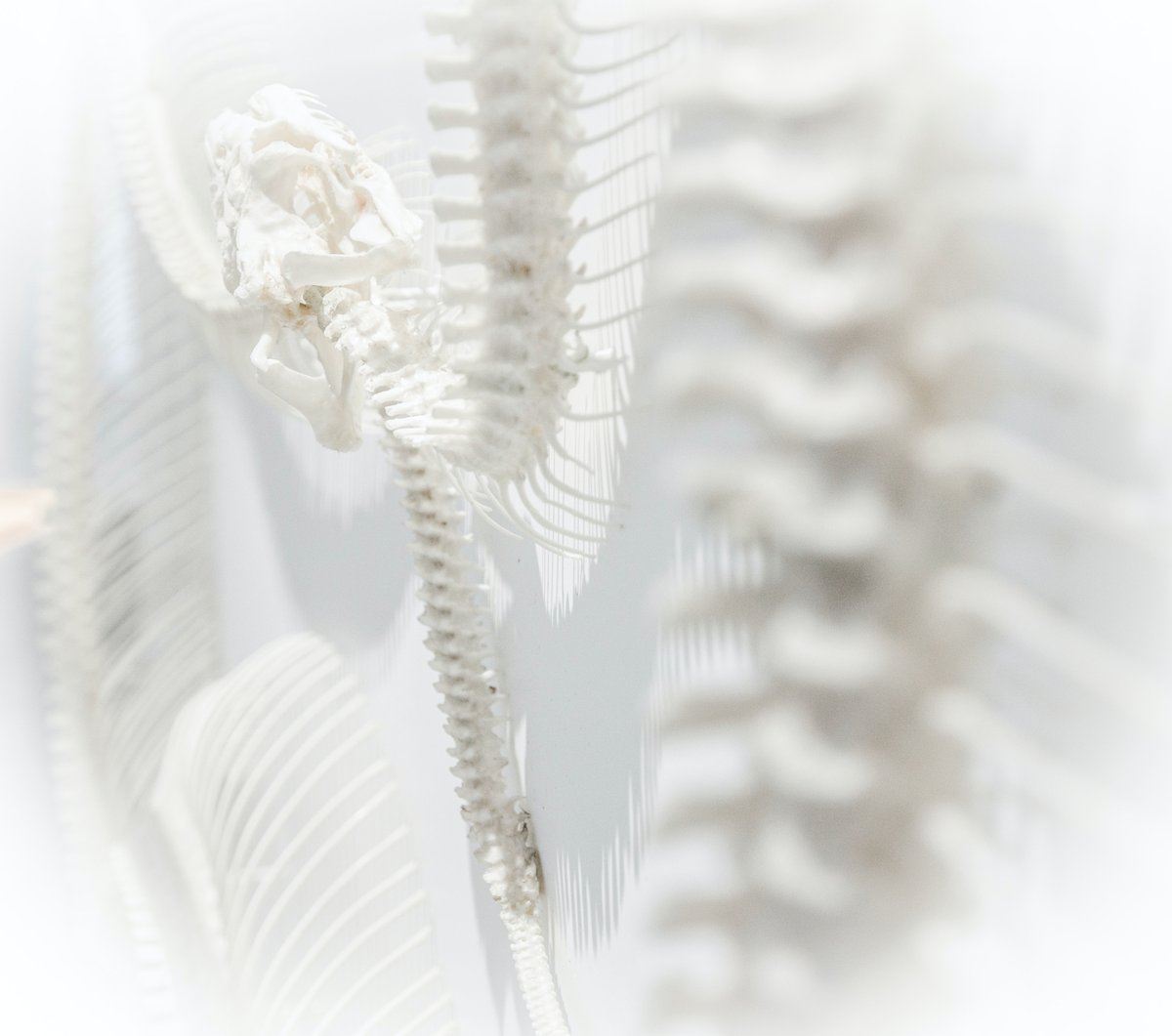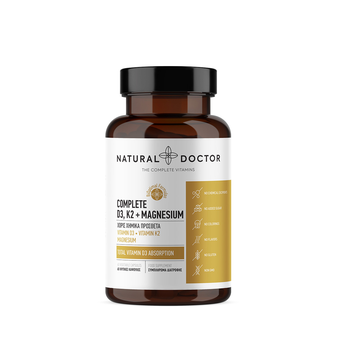Signs of vitamin K deficiency

There are two main types of vitamin K. Vitamin K1 or phylloquinone, present in green leafy vegetables, and vitamin K2 or menaquinone, which is produced naturally in the intestinal tract and acts similarly way to K1.
Since the discovery of vitamin K in 1929, it has been known for its importance in blood clotting. Coagulation is a process that prevents excessive bleeding inside and outside the body.
The body needs vitamin K to produce the proteins involved in the clotting process. In the case of vitamin K deficiency, the body does not assemble enough proteins.
The typical sign of vitamin K deficiency is excessive bleeding. Vitamin K received the letter "K" because it was initially reported in a German medical journal as "Koagulationsvitamin".
Vitamin K is much more than just a vitamin that helps blood clot. Two of its other benefits are that it contributes to bone metabolism and regulates calcium levels in the blood. Specific proteins, essential for bone and blood vessel health, have high vitamin K requirements.
Vitamin K is necessary for the activation of proteins involved in the following processes:
- Blood clotting
- Slowing down of arterial calcification (Matrix Gla-protein, MGP)
- Bone remodelling (Osteocalcin and calbindin)
Signs of Vitamin K Deficiency
Vitamin K deficiency in adults can occur in medications that block vitamin K metabolism, such as antibiotics, or in people with conditions that cause food and nutrient malabsorption.
A deficiency is also likely in newborns since vitamin K does not pass through the placenta, and breast milk contains just a tiny amount.
Below are the most typical signs of vitamin K deficiency:
- Osteopenia
- Osteoporosis
- Heavy bleeding during periods
- Inability to heal wounds
- Nosebleed
- Bleeding gums
- Blood in the urine or stool
Antibiotics and Vitamin K
Antibiotic drugs can destroy vitamin K-producing bacteria in the gut, thereby reducing vitamin K levels. People with no appetite while on long-term antibiotics may be at more significant risk for deficiency and may benefit from supplementation with vitamin K.
Vitamin K is fat-soluble, so consuming it with low-fat foods improves absorption. So add olive oil or diced avocado to your favourite leafy green salad! Vitamin K is essential for bone and vascular health for the general population, but significant benefits have been observed when taking vitamin K supplements in people who consume:
- Antacids
- Antibiotics
- Statins
- Weight loss medication
- Vitamin D or calcium supplement
Also Vitamin K has more benefits for:
- Women in a perimenopausal or postmenopausal state
- Pregnant women
- People with cardiovascular problems
Complete D3, K2 & Magnesium
Complete D3, K2 & Magnesium s a complete nutritional supplement for healthy bones because it contains vitamin D3, vitamin K2 and magnesium, i.e. all the nutrients the body needs to activate vitamin D3.
In new studies examining the relationship of vitamin K2 to bones, it has been observed that supplemental administration of vitamin K2, combined with vitamin D3, improves bone density. K2 VITAL®, the most active and safest form, has been chosen as vitamin K2 (MK-7), as it can reach the bones directly.



